Land grabbing and the global food crisis - Presentation
- GRAIN
- 02 December 2009
An illustrated overview of the global land grabbing trend, with tables and figures.
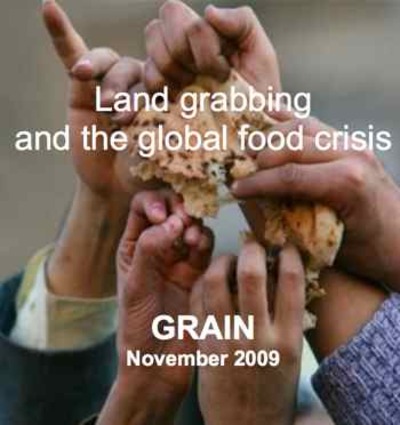
An illustrated overview of the global land grabbing trend, with tables and figures.
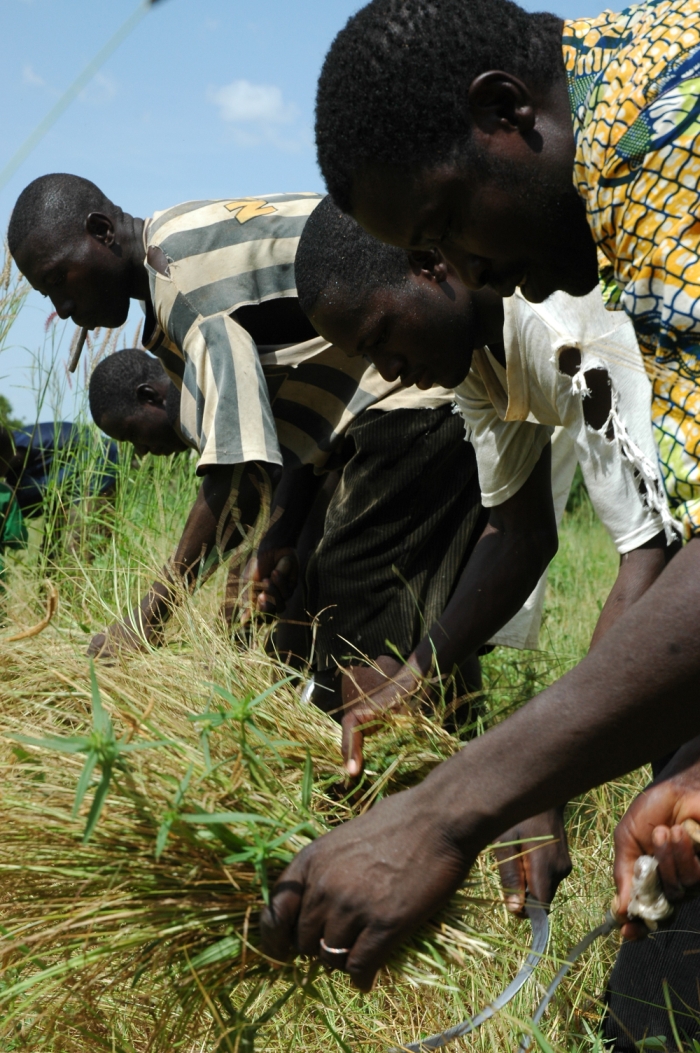
In Mali the government has approved long-term leases for outside investors to develop more than 160,000 hectares of land. Local farmers say they fear being pushed out.

This paper examines two failed land acquisition processes for food and biofuels production in Africa (SEKAB-Tanzania and Daewoo-Madagascar) with the aim to establishing more equitable governance strategies.

L’idée n’est pas nouvelle, mais elle fait son chemin depuis la tenue, les 14 et 15 novembre à Addis-Abeba, du premier forum économique entre l’Arabie saoudite et les pays d’Afrique de l’Est. Une manifestation qui a permis à Riyad de plaider sa cause et de renouveler son intérêt pour les terres agricoles de cette partie du continent.
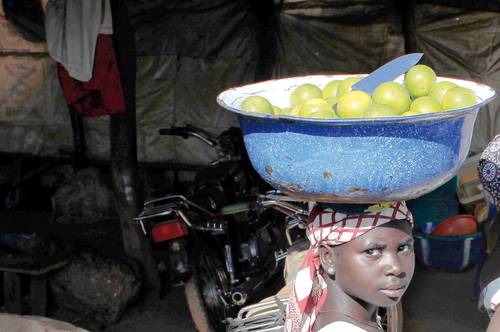
Los grandes "acaparamientos de tierras" en África y Asia también son signos de desconfianza en los mercados mundiales. Algunos importadores con recursos –como Arabia Saudita, Kuwait, China y Corea del Sur– han optado por cultivar alimentos en tierras que poseen o controlan en el extranjero en vez de importarlos mediante el comercio internacional. Estos países han cerrado contratos para comprar o arrendar unos 20 millones de hectáreas de la mejor tierra agrícola en países pobres.
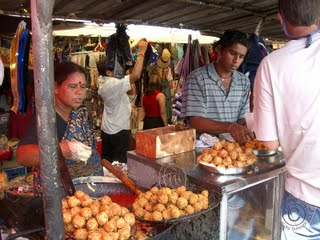
"Mauritius cannot depend on [Mozambique and Madagascar] for sustainable agricultural development. It’s better for us to cultivate our own land to produce more food and leave some land for future generations."

"I think it is not right to sell or give your land to foreigners... until you have exhausted every local possibility," said Osama Daoud, chief executive of the Sudanese DAL group which runs large agricultural projects.
Video: Mr. Meles Zenawi, the Prime Minister of Ethiopia, discusses his government’s land grab policy, where the federal government has taken over millions of hectares of farmland from the States of Benishangul, Gambela and Oromia to distribute it to the so-called investors.
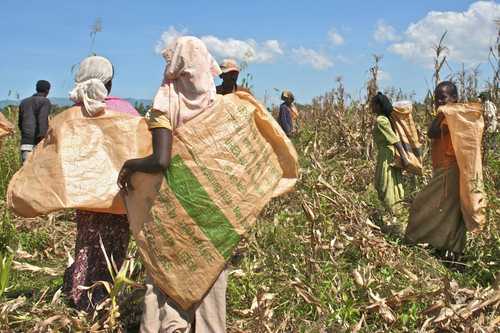
According to researcher, Loro Horta, the technological centres project is the result of a growing Chinese interest in African agricultural resources.

"Foreign governments and institutional investors have only recently been moving into the space and in a very limited way and yet they have already generated considerable controversy and political backlash where they have deployed capital into the emerging markets. We believe that this will only become worse over time," says Agcapita's Stephen Johnston.

A construção de impérios em estilo colonial está a ter uma enorme recuperação, e a maior parte dos colonialistas são recém-chegados, a abrirem o seu caminho depois dos predadores europeus e estado-unidenses bem estabelecidos.

Avanza en Etiopía el alquiler de grandes extensiones agrícolas a firmas indias y chinas